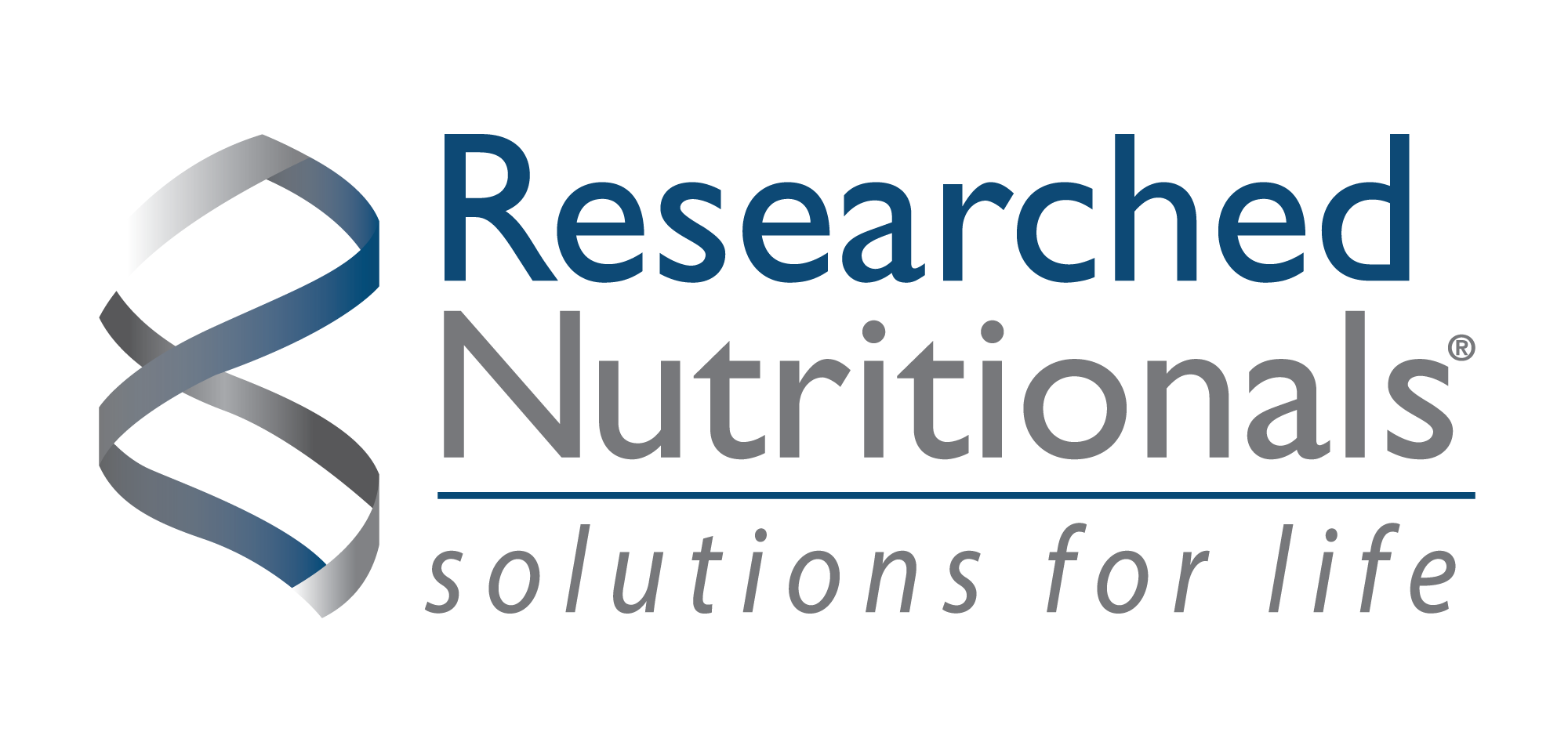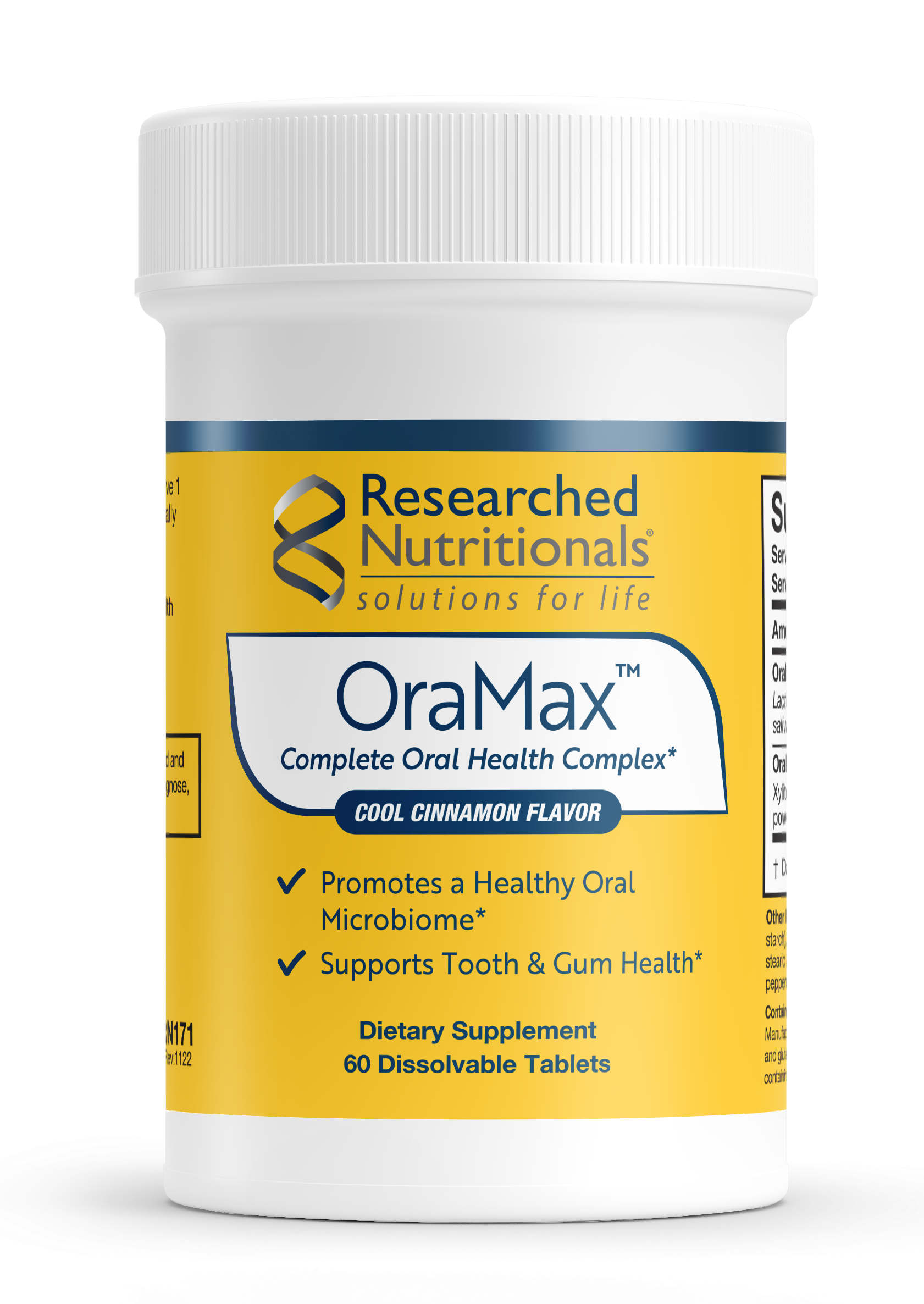 Oral diseases, including dental caries (tooth decay), periodontal disease, and tooth loss, are some of the most prevalent diseases worldwide.1 Oral disease is preventable by identifying and treating the issues contributing to dental disease. The digestive tract has been a primary focus for treatment in integrative medicine because of its contribution to immune function and chronic disease. The mouth is the top of the digestive tract, where an imbalance can also lead to systemic health issues.
Oral diseases, including dental caries (tooth decay), periodontal disease, and tooth loss, are some of the most prevalent diseases worldwide.1 Oral disease is preventable by identifying and treating the issues contributing to dental disease. The digestive tract has been a primary focus for treatment in integrative medicine because of its contribution to immune function and chronic disease. The mouth is the top of the digestive tract, where an imbalance can also lead to systemic health issues.
The mouth contains a unique microbiome that can become unbalanced or dysbiotic much like other parts of the digestive tract. The primary species of bacteria is Streptococcus mutans (often referred to as strep mutans). While it is a normal part of the oral microbiome, strep mutans can contribute to dental disease by secreting lactic acid damaging tooth enamel.2 Strep mutans can also produce a glucan carbohydrate that contributes to dental biofilms which are called plaque.2 Through these mechanisms, strep mutans increase oxidative stress and inflammation in the mouth leading to dental cavities and gingivitis. There are also bacteria such as Porphyromonas gingivalis that are considered pathogenic. OralDNA® Labs’ saliva tests are available to evaluate the bacteria located in the mouth which contribute to these and other oral health issues. OralDNA® Labs also has tests to identify genetic risk factors for dental disease.
When strep mutans are imbalanced in the mouth, along with other dysbiotic bacterial species, this leads to local tooth disease but also extends to negative impacts on systemic health. One of the most researched areas of impact is the increase in cardiovascular disease from poor oral health.3 The mechanism appears to be a combination of the oral bacteria and their inflammatory mediators entering the blood system and causing inflammation and damage to the blood vessels.3 This inflammatory damage is a risk factor for atherosclerotic heart disease. Periodontitis (gum disease) can also increase risk of colon cancer, digestive illness, metabolic syndrome, respiratory disease, Alzheimer’s and pregnancy complications.4
Since an imbalance in the bacterial content of the mouth can occur, research has been looking at probiotics to strengthen the microbiome in the mouth.5,6 Probiotics work by crowding out the overgrowth of pathogenic bacteria. They can also help with immune regulation and decrease cytokine imbalance. Multiple species of probiotics have been researched for improving gum health, decreasing cavities, and decreasing the biofilm plaque.7-11 These beneficial probiotic bacteria include species such as Lactobacillus salivarius, Lactobacillus reuteri, and Bifidobacteria lactis, among others.7-11 Many herbs and spices such as cinnamon and green tea have antioxidant and immune modulating properties that can also benefit oral health.12-14 Xylitol is a sugar alcohol that has been used in gum and dental products because of its beneficial effect on dental health.15 When xylitol is combined with green tea there is a synergistic improvement in the microbiome balance in the mouth.16
 Researched Nutritionals is a company that focuses on products targeted for chronic health issues. The products are developed with specific researched ingredients. The products are also involved in research studies to support clinical efficacy. OraMax™ from Researched Nutritionals is a probiotic lozenge that contains Lactobacillus salivarius, Lactobacillus reuteri, and Bifidobacteria lactis with a combination of antioxidants and the enzyme lysozyme to help breakdown the plaque biofilm. OraMax™ can be used for prevention of dental caries along with helping in the treatment of the disease.
Researched Nutritionals is a company that focuses on products targeted for chronic health issues. The products are developed with specific researched ingredients. The products are also involved in research studies to support clinical efficacy. OraMax™ from Researched Nutritionals is a probiotic lozenge that contains Lactobacillus salivarius, Lactobacillus reuteri, and Bifidobacteria lactis with a combination of antioxidants and the enzyme lysozyme to help breakdown the plaque biofilm. OraMax™ can be used for prevention of dental caries along with helping in the treatment of the disease.
Research has helped us understand more completely the importance of oral health for systemic health. Understanding how the oral microbiome becomes unbalanced and how we can treat this safely will greatly help practitioners improve the health of their patients.
References:
- Peres MA. et al. Oral disease: a global public health disease. Lancet. 2019.
- Klein MI. et al. Streptococcus mutans-derived extracellular matrix in cariogenic oral biofilms. Front Cell Infect Microbiol. 2015 Feb 13;5:10.
- Kholey KE. et al. Oral diseases and cardiovascular disease. Trends in endocrinology and metabolism. 2015.https://doi.org/10.1016/j.tem.2015.03.001.
- Fiona Q. et al. Association between periodontal pathogens and systemic disease. Biomedical Journal. Volume 42, Issue 1. 2019. Pages 27-35.
- Lin t. et al. The implication of probiotics in the prevention of dental caries. Applied Microbiology and Biotechnology. 2017. 102(2), 577-586.
- Mahasneh SA, Mahasneh AM. Probiotics: A Promising Role in Dental Health. Dent J (Basel). 2017;5(4):26.
- Chaves BD. et al. App and safety consideration of l. Salivarius as a probiotic in animal and human health. of App. Microbio. 2017.
- Krzyściak W. et al. Effect of a Lactobacillus Salivarius Probiotic on a Double-Species Streptococcus Mutans and Candida Albicans Caries Biofilm. Nutrients. 2017;9(11):1242.
- Teughels W. et al. Clinical and microbiological effects of Lactobacillus reuteri probiotics in the treatment of chronic periodontitis: a randomized placebo-controlled study. J Clin Periodontol. 2013;40(11):1025-1035.
- Araujo LDC. Et al. Use of the Probiotic Bifidobacterium animalislactis HN019 in Oral Diseases. Int J Mol Sci. 2022 Aug 19;23(16):9334
- Invernici MM. et al. Bifidobacterium animalis subsp lactis HN019 presents antimicrobial potential against periodontopathogens and modulates the immunological response of oral mucosa in periodontitis patients. PLoS One. 2020 Sep 22;15(9):e0238425.
- Kanth MR. et al. Efficacy of Specific Plant Products on Microorganisms Causing Dental Caries. J Clin Diagn Res. 2016;10(12):ZM01-ZM03.
- Gupta C. e. Comparative study of cinnamon oil and clove oil on some oral microbiota. Acta Biomed. 82(3):197-199.
- Wiwattanarattanabut K. et al. In Vitro Anti-Cariogenic Plaque Effects of Essential Oils Extracted from Culinary Herbs. J Clin Diagn Res. 2017;11(9):DC30-DC35.
- Janakiram C. et al. Xylitol in preventing dental caries: A systematic review and meta-analyses. J Nat Sci Biol Med. 2017;8(1):16-21.
- Hajiahmadi M. et al. Comparative Evaluation of Efficacy of “Green Tea” and “Green Tea with Xylitol” Mouthwashes on the Salivary Streptococcumutansand Lactobacillus Colony Count in Children: A Randomized Clinical Trial. J Contemp Dent Pract. 2019 Oct 1;20(10):1190-1194.

